All Photos(4)
About This Item
Empirical Formula (Hill Notation):
C14H10
CAS Number:
Molecular Weight:
178.23
Beilstein:
1905428
EC Number:
MDL number:
UNSPSC Code:
12352103
PubChem Substance ID:
NACRES:
NA.23
Recommended Products
Quality Level
Assay
98%
form
crystalline powder
bp
340 °C (lit.)
mp
98-100 °C (lit.)
density
1.063 g/mL at 25 °C (lit.)
SMILES string
c1ccc2c(c1)ccc3ccccc23
InChI
1S/C14H10/c1-3-7-13-11(5-1)9-10-12-6-2-4-8-14(12)13/h1-10H
InChI key
YNPNZTXNASCQKK-UHFFFAOYSA-N
Gene Information
human ... CYP1A2(1544)
Looking for similar products? Visit Product Comparison Guide
Related Categories
General description
Phenanthrene and its derivatives can be used to synthesize electron donor materials and electrolytes for organic solar cells.
Polycyclic aromatic hydrocarbon with three fused benzene rings.
Application
- Proteomic Analysis of Polycyclic Aromatic Hydrocarbons in Crop Xylem Sap: This study provides a deep dive into the transport and obstruction mechanisms of PAHs like Phenanthrene in crops, using proteomics and molecular docking, vital for enhancing food safety and crop protection strategies (Zeng et al., 2024).
- Impact of Organic Acids on Phenanthrene Biodegradation: Offers insights into how low molecular weight organic acids influence the biodegradation of Phenanthrene, enriching our understanding of microbial interactions with environmental contaminants in biotechnological applications (Zhang et al., 2023).
Signal Word
Warning
Hazard Statements
Precautionary Statements
Hazard Classifications
Acute Tox. 4 Oral - Aquatic Acute 1 - Aquatic Chronic 1
Storage Class Code
11 - Combustible Solids
WGK
WGK 2
Flash Point(F)
Not applicable
Flash Point(C)
Not applicable
Personal Protective Equipment
dust mask type N95 (US), Eyeshields, Gloves
Choose from one of the most recent versions:
Already Own This Product?
Find documentation for the products that you have recently purchased in the Document Library.
Customers Also Viewed
Amy Gainer et al.
Chemosphere, 220, 658-667 (2019-01-02)
Juveniles are generally considered more sensitive to contaminants than adults. However, it is unknown if the behavioral responses of juvenile soil invertebrates is different than the adults. The absence of juvenile or adult soil invertebrates in contaminated soils due to
Boryoung Shin et al.
Scientific reports, 9(1), 1239-1239 (2019-02-06)
To advance understanding of the fate of hydrocarbons released from the Deepwater Horizon oil spill and deposited in marine sediments, this study characterized the microbial populations capable of anaerobic hydrocarbon degradation coupled with sulfate reduction in non-seep sediments of the
Identification of soil bacteria able to degrade phenanthrene bound to a hydrophobic sorbent in situ.
Raïssa Kom Regonne et al.
Environmental pollution (Barking, Essex : 1987), 180, 145-151 (2013-06-19)
Efficient bioremediation of PAH-contaminated sites is limited by the hydrophobic character and poor bioavailability of pollutants. In this study, stable isotope probing (SIP) was implemented to track bacteria that can degrade PAHs adsorbed on hydrophobic sorbents. Temperate and tropical soils
Geoffrey Marchal et al.
Environmental pollution (Barking, Essex : 1987), 181, 200-210 (2013-07-23)
Sorption of PAHs to carbonaceous soil amendments reduces their dissolved concentrations, limiting toxicity but also potentially biodegradation. Therefore, the maximum abiotic desorption of freshly sorbed phenanthrene (≤5 mg kg(-1)) was measured in three soils amended with activated carbon (AC), biochar
Jennifer R McKelvie et al.
Environmental pollution (Barking, Essex : 1987), 175, 75-81 (2013-01-23)
We evaluated the correlation between soil organic carbon (OC) content and metabolic responses of Eisenia fetida earthworms after exposure to phenanthrene (58 ± 3 mg/kg) spiked into seven artificial soils with OC contents ranging from 1 to 27% OC. Principal
Our team of scientists has experience in all areas of research including Life Science, Material Science, Chemical Synthesis, Chromatography, Analytical and many others.
Contact Technical Service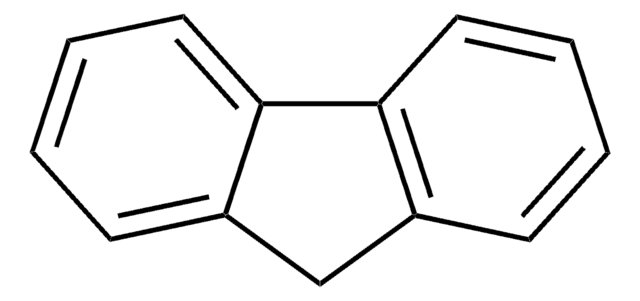
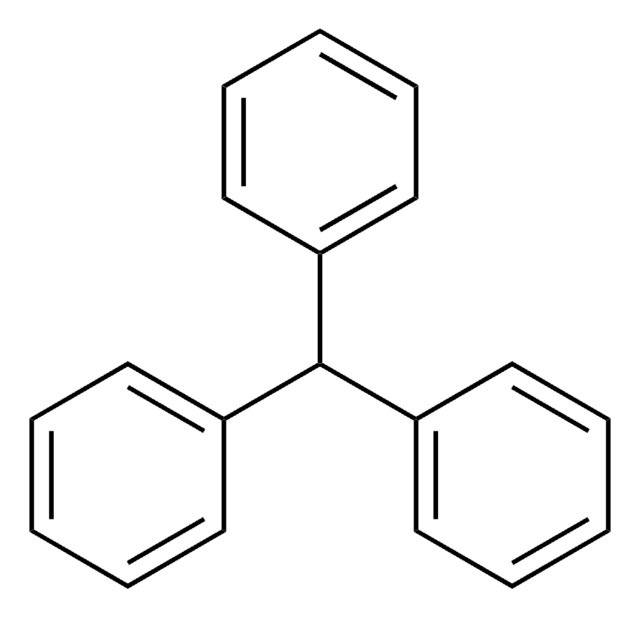
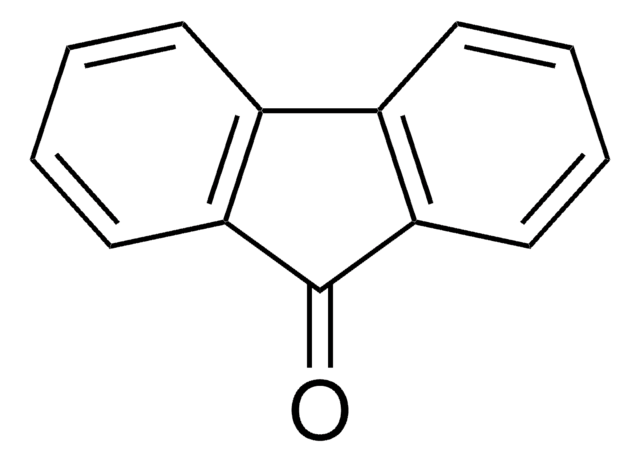

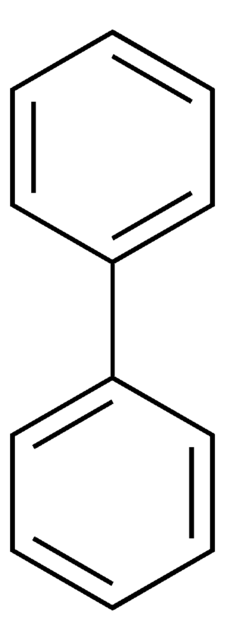
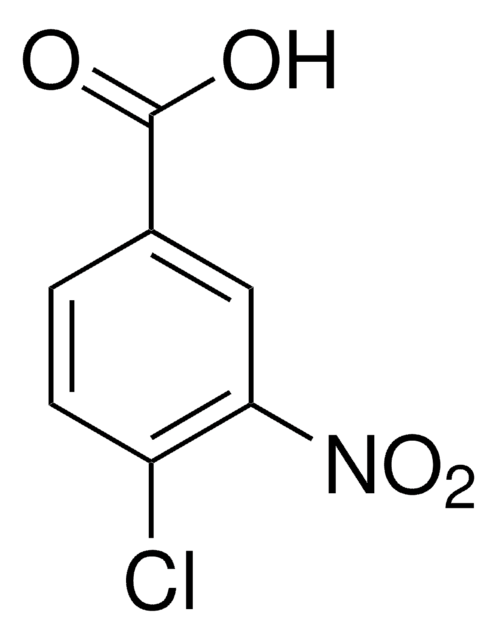
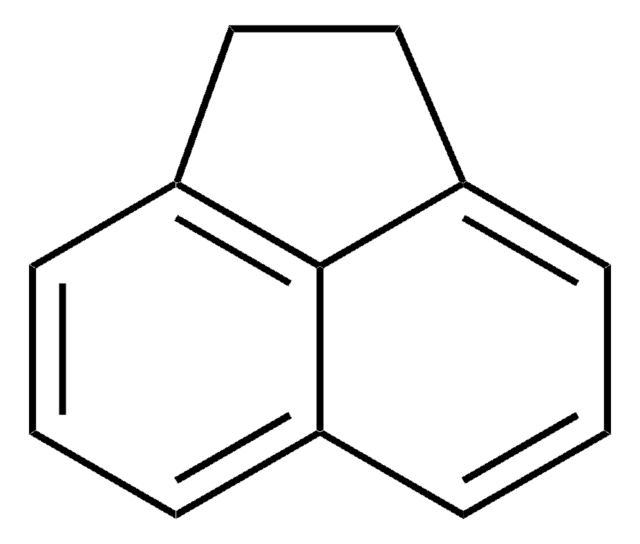

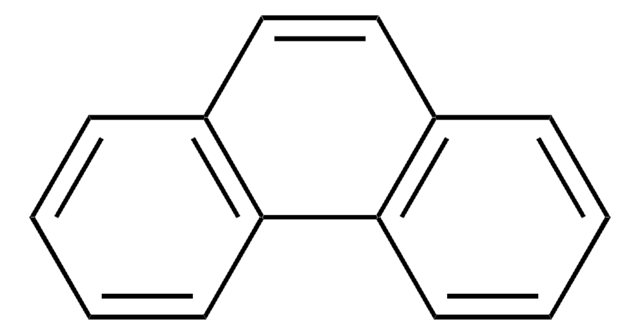


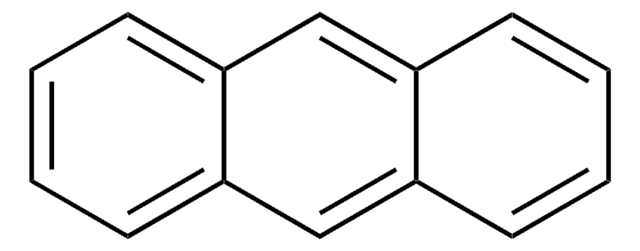
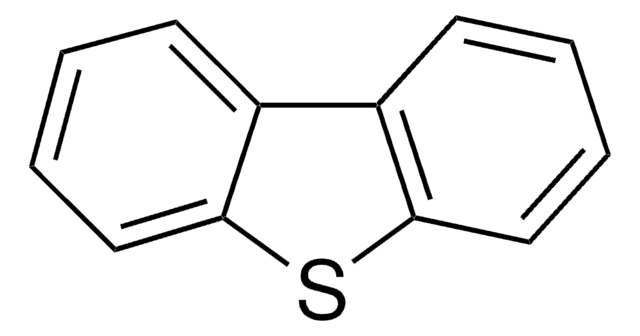
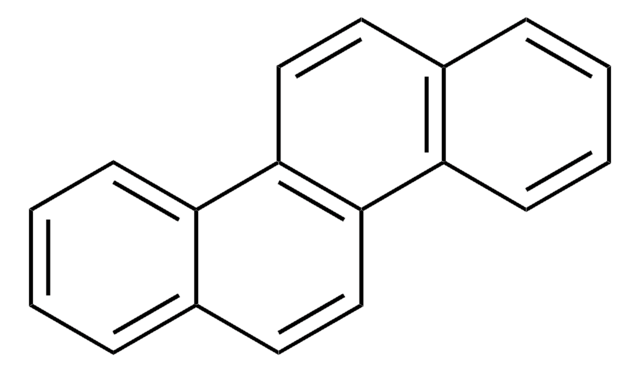
![Benz[a]anthracene 99%](/deepweb/assets/sigmaaldrich/product/structures/351/486/b3ddf157-a732-4ef8-83f0-c70a53404cb2/640/b3ddf157-a732-4ef8-83f0-c70a53404cb2.png)